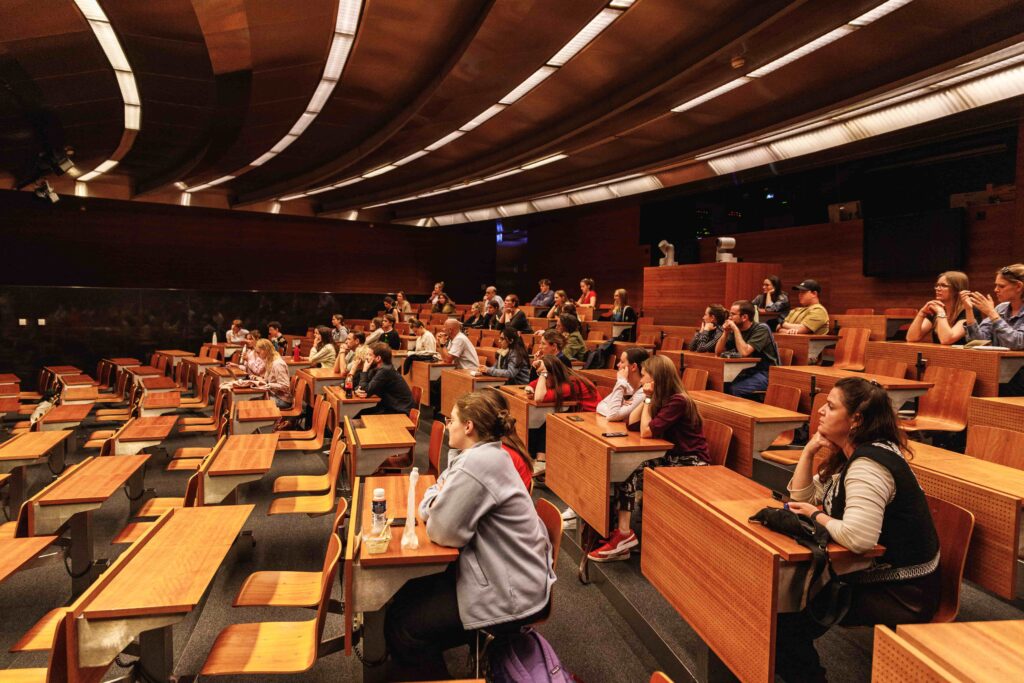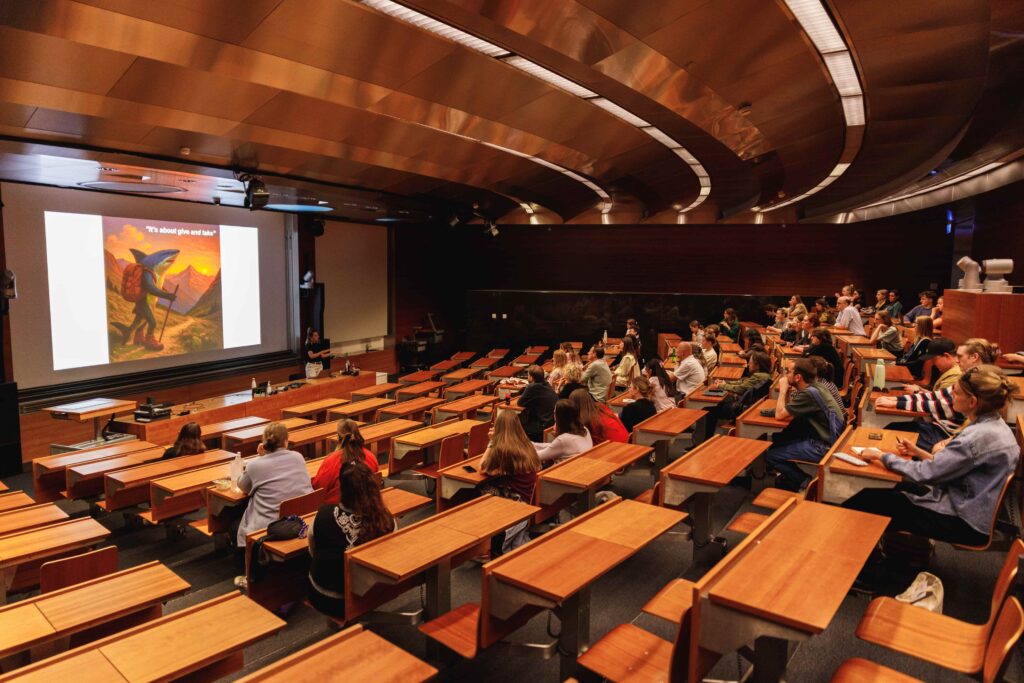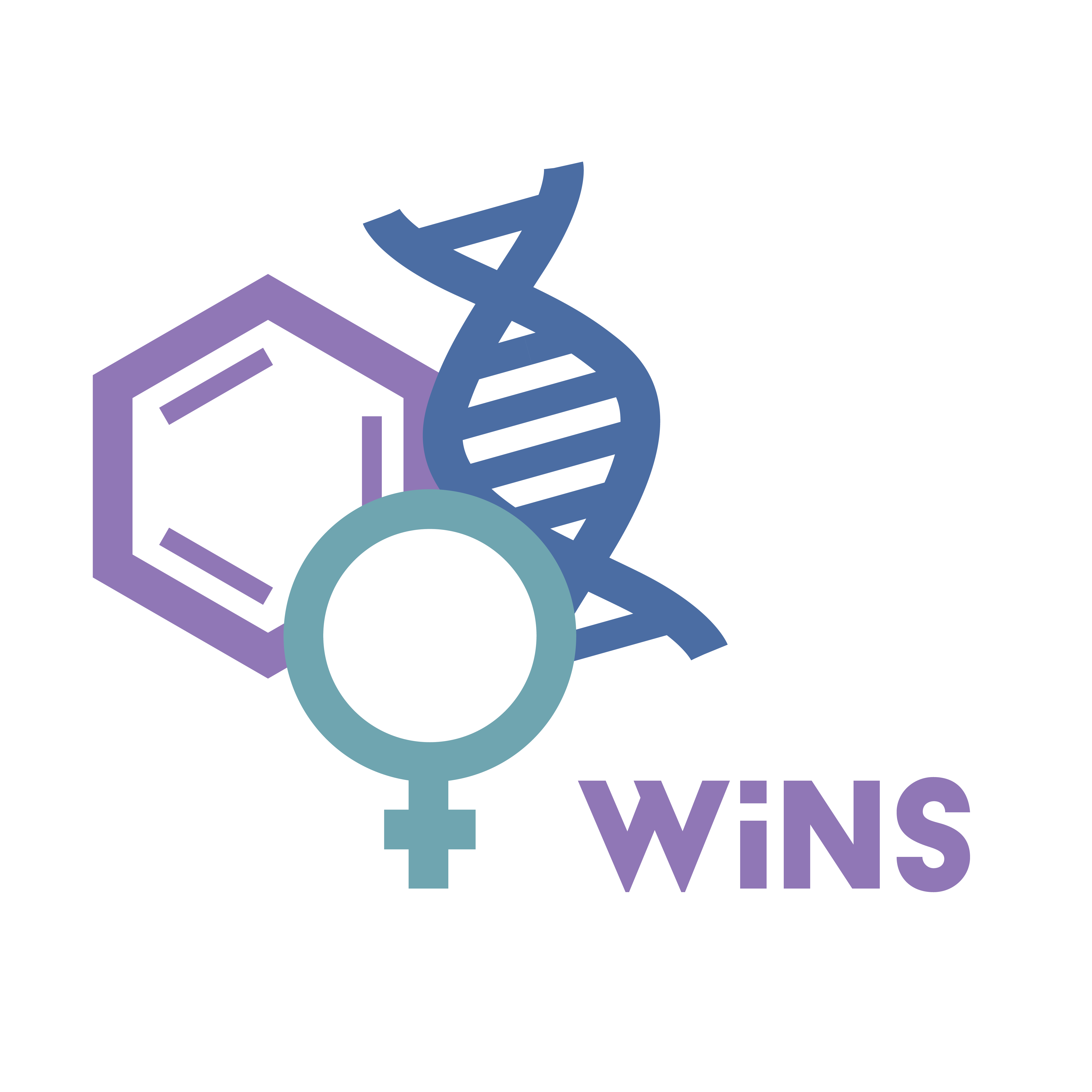The Flowers of Following Your Passions
As part of the WiNS Career Series, we were delighted to host Dr. Ornella Weideli, a marine biologist, research fellow, and science communicator whose unique career path bridges shark ecology, conservation, and interdisciplinary research. Her talk, “About Sharks and Landlocked Countries: Navigating an Unconventional Hybrid Career” offered an inspiring glimpse into how passion, perseverance, and adaptability can lead to a fulfilling and impactful scientific journey. Ornella’s story perfectly exemplifies the kind of diverse and engaging voices we strive to highlight in our series. Therefore, and due to popular demand, this article summarises the key takeaways of that talk.
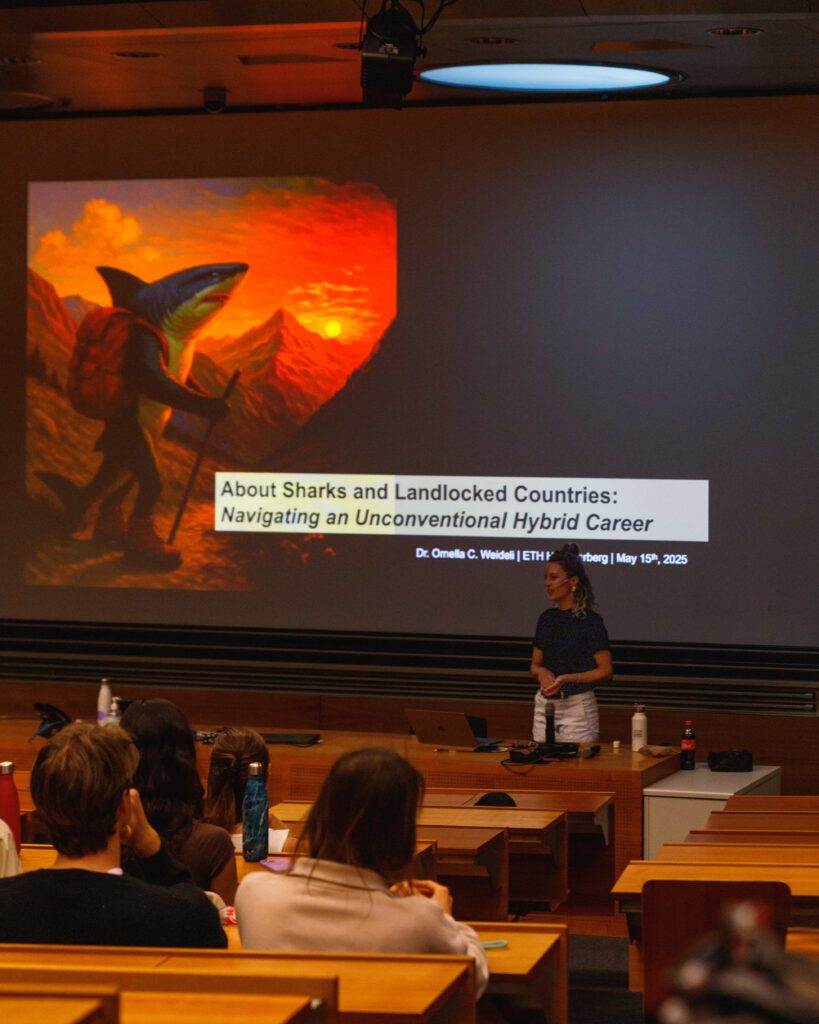
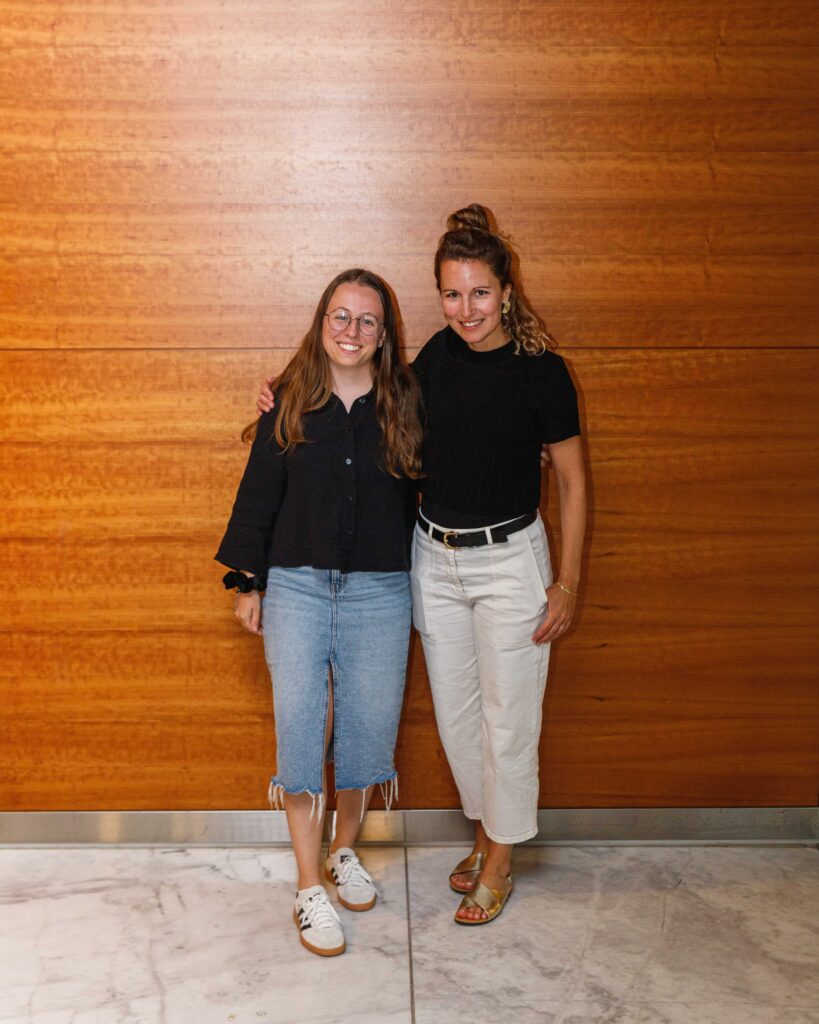
Like many of us, Ornella Weideli was already fascinated by the ocean as a child. She dreamed of tropical, clear blue waters, atolls, and endless blue skies—places scattered across the globe, yet seemingly out of reach for someone growing up in landlocked Switzerland. This passion stayed with her until she had to decide what to study after graduating from high school. She still wanted to explore the oceans and immerse herself in that distant tropical world. However, there wasn’t an easy way to get there right away.
So, she came up with a practical plan: either become a scientist and eventually find her way to those waters, or become a bartender and work her way there. In the end, she did a bit of both: She started studying Biology at the University of Berne while working student shifts at a local restaurant.
After her bachelor’s, she got the chance to do an internship at the Bimini Biological Field Station, aka the “shark lab” in the Bahamas, where she assisted in shark research-related fieldwork. This experience gave her passion another big push, and she switched to the University of Basel to pursue a Master’s in Animal Biology. There, she was able to return to Bimini for her thesis, focusing on the trophic niche of juvenile lemon sharks. She took a deep dive into shark research (figuratively more than literally—shallow waters don’t make for great scuba conditions) and picked up key techniques for studying these fin-tastic animals in the field.
When she completed her thesis, she knew she wanted to continue in research, and had a pretty clear idea of how to do it. But as always, the biggest hurdle was securing funding. After an intense period of planning, networking and fundraising, she was able to start her PhD in population biology, genetics, and eco-ethology at the PSL Research University in Paris, under the supervision of Dr. Serge Planes (CRIOBE) and Dr. Yannis Papastamatiou (Florida International University) being funded by the renowned Save Our Seas Foundation.
During her PhD, she studied how two species of juvenile reef sharks (blacktip reef sharks and sicklefin lemon sharks) manage to coexist, despite being ecologically and morphologically similar. She applied the skills she first picked up in Bimini and combined them with inputs she got from working alongside fellow senior researchers she met along her journey. As part of her PhD, she had the chance to live and work on remote islands in Seychelles and French Polynesia, while conducting laboratory analyses in Florida and France, finally living her childhood dream of tropical heat, white beaches, and turquoise seas.
But in 2020, the pandemic brought her back to Switzerland. After defending her thesis online, she chose to stay—this time focusing not only on producing new knowledge, but also on sharing what she had learned over the past years. She started to give talks, write articles, and appear on TV and Radio. She also started leading diving expeditions as an expert in collaboration with different travel agencies in Switzerland. In parallel, she took on a part-time role as a research fellow at the Private University in the Principality of Liechtenstein (UFL), where she helps coordinate projects, supervises students, and manages funding, among other responsibilities.
After years of living out of two suitcases, she now has one place to call home. Still, she keeps an open mind and doesn’t shy away from new challenges or exciting opportunities. And that was the main message of her inspiring talk: No matter the obstacles, if you follow your heart, stay curious and open-minded, and work hard, you can get to where you want to be.
In her talk, Ornella also emphasised the value of networking, going to scientific conferences, and finding strong mentors. It’s through others that we learn—and more importantly, it’s through others that new, exciting doors open. She also reminded us how important it is to understand ourselves fully—not just our strengths, but our weaknesses too. Only then can we uncover what truly drives us.
She ended her talk with a powerful quote that describes her personality and her unstoppable drive: “A ship in a harbor is safe, but that is not what ships are built for”.
And that’s the core message of this blog post, too. It’s okay to feel safe where you are. It’s even okay to come back to that place. But if you have the curiosity and passion for the big, wild world and the unknown that is waiting there for you, it’s ALWAYS worth taking the risk and going out beyond your comfort zone. You might discover not only where you’re meant to go, but who you’re meant to become.
Written by Nina Baumgartner, on behalf of WiNS ETH Zurich
